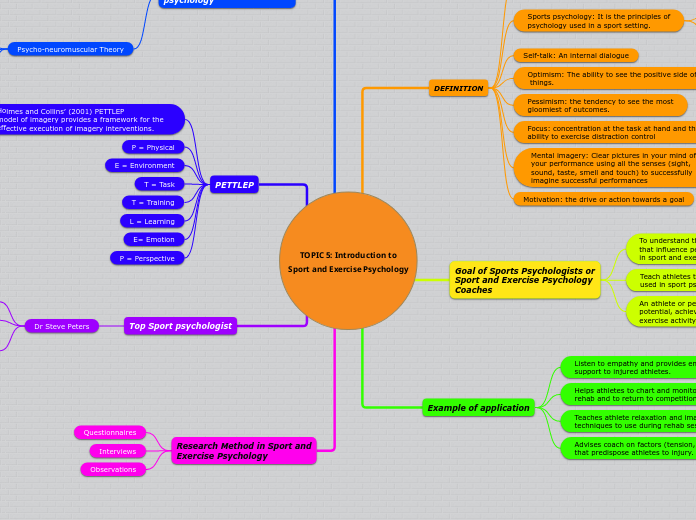av MUHAMMAD DANISH HAKIMI NORADZLI för 3 årar sedan
763
TOPIC 5: Introduction to Sport and Exercise Psychology

av MUHAMMAD DANISH HAKIMI NORADZLI för 3 årar sedan
763

Mer av detta
England FA
Liverpool FC